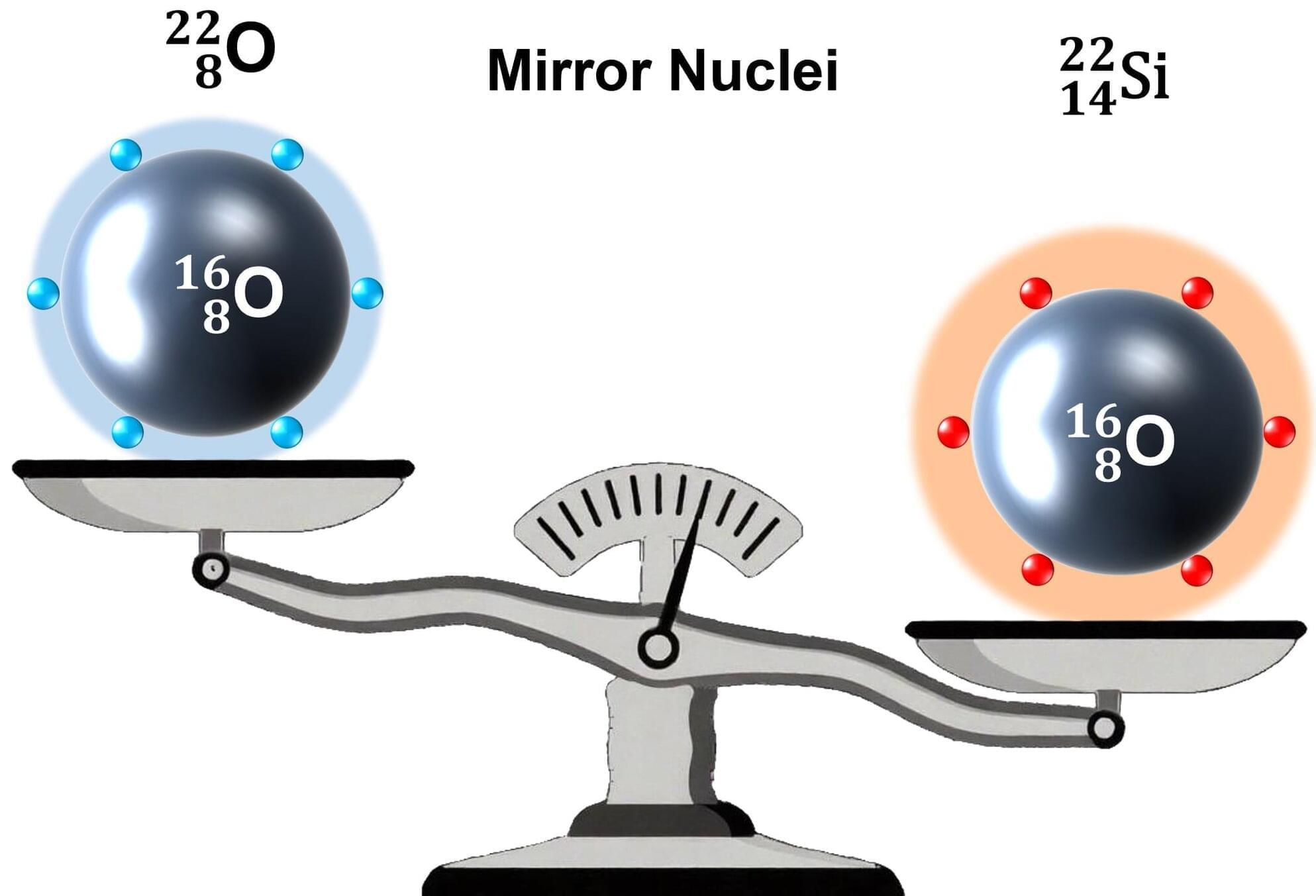In nuclear physics, “magic numbers” identify specific numbers of protons or neutrons that lead to especially stable nuclei. Recognizing these numbers helps scientists better understand the structure of nuclei.
The magic numbers for stable, long-lived isotopes have long been known, but the magic numbers for exotic, short-lived isotopes are less well understood. By studying these rare cases, researchers can gain deeper insight into the nuclear “building code” under extreme conditions. This, in turn, improves our understanding of how elements formed in the universe and sheds light on the behavior of the nuclear force.
As part of this effort, researchers from the Institute of Modern Physics (IMP) of the Chinese Academy of Sciences have precisely measured for the first time the mass of an extremely short-lived and neutron-deficient nucleus, silicon-22, revealing that the proton number 14 in silicon-22 is a new magic number.
